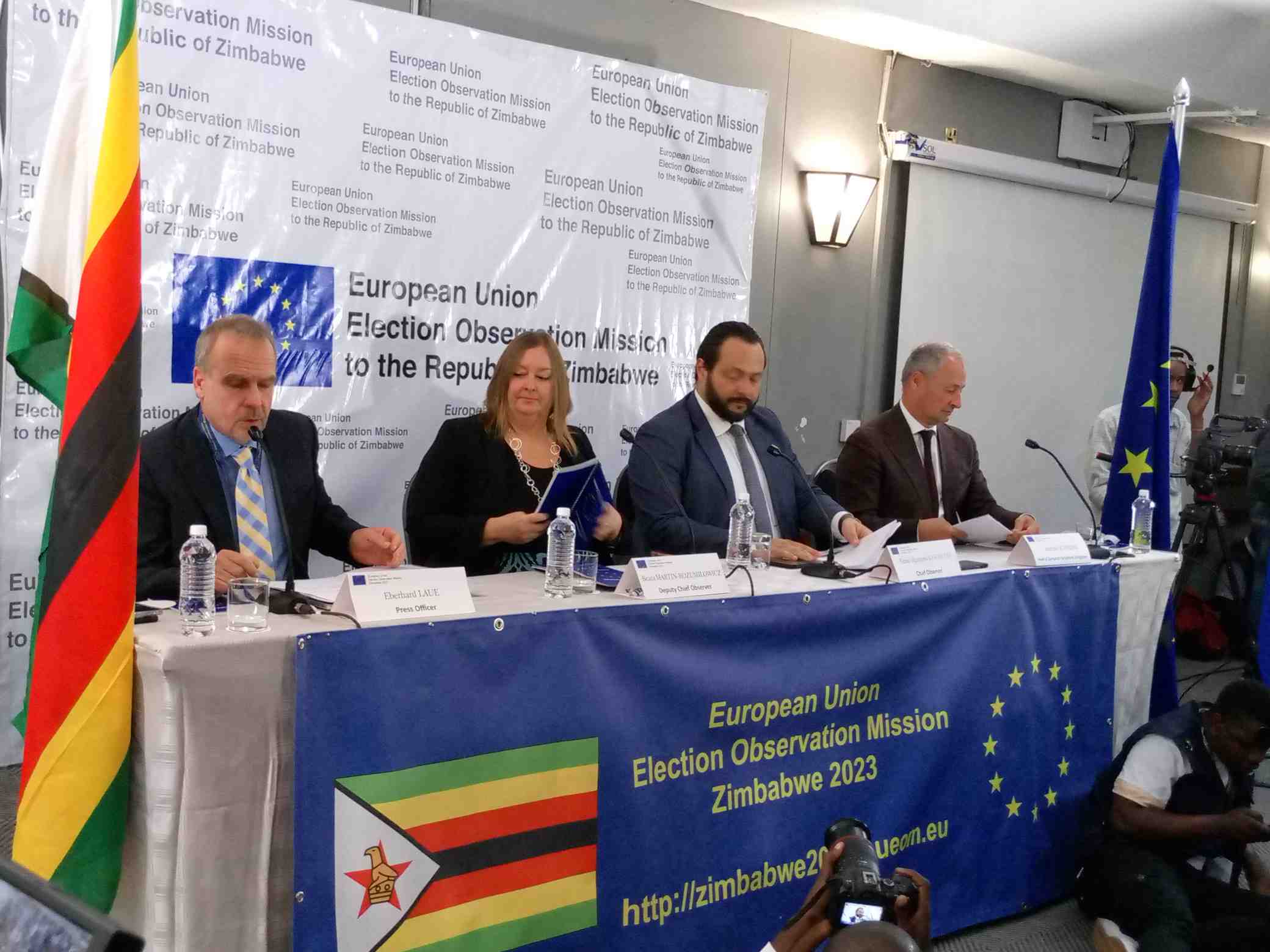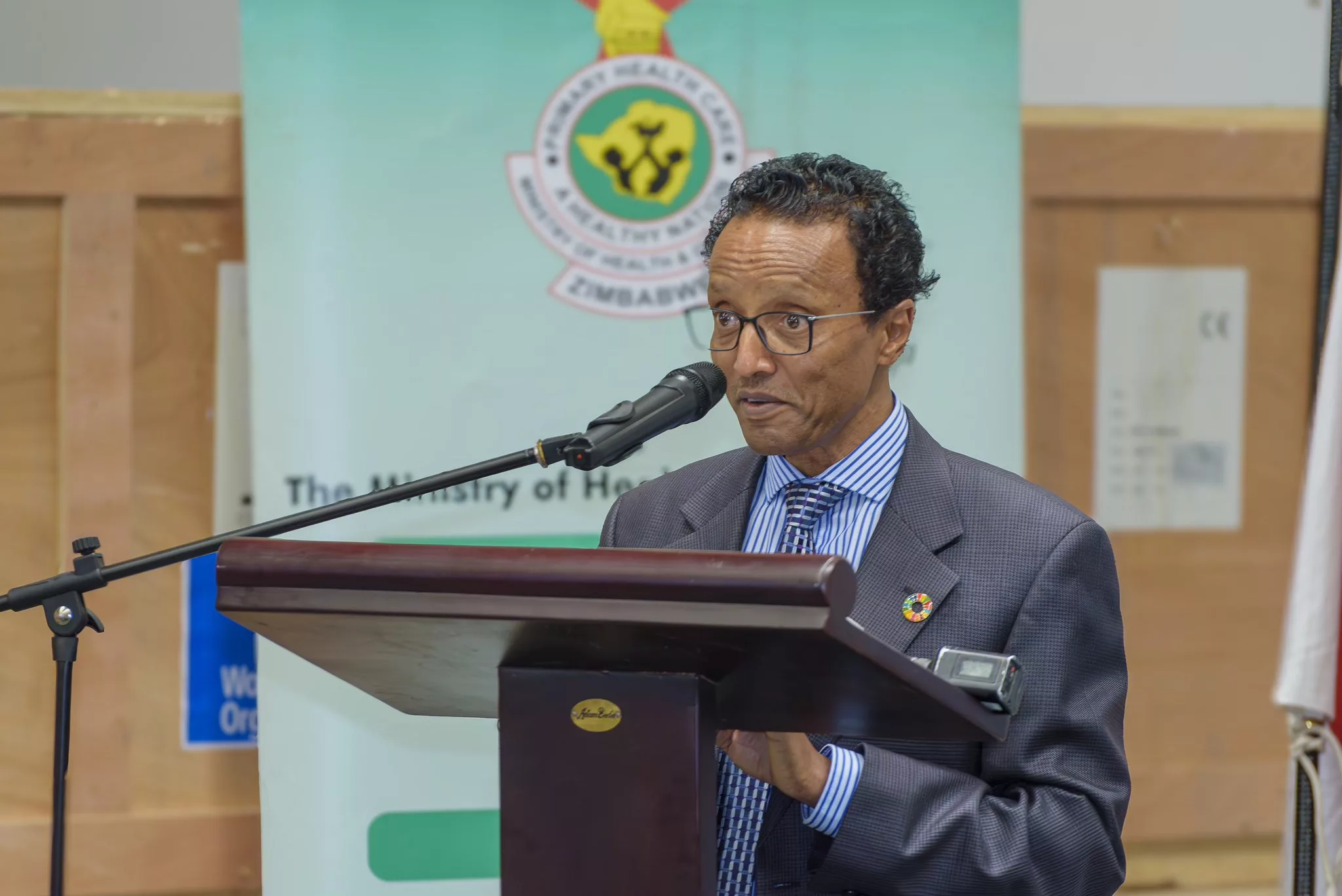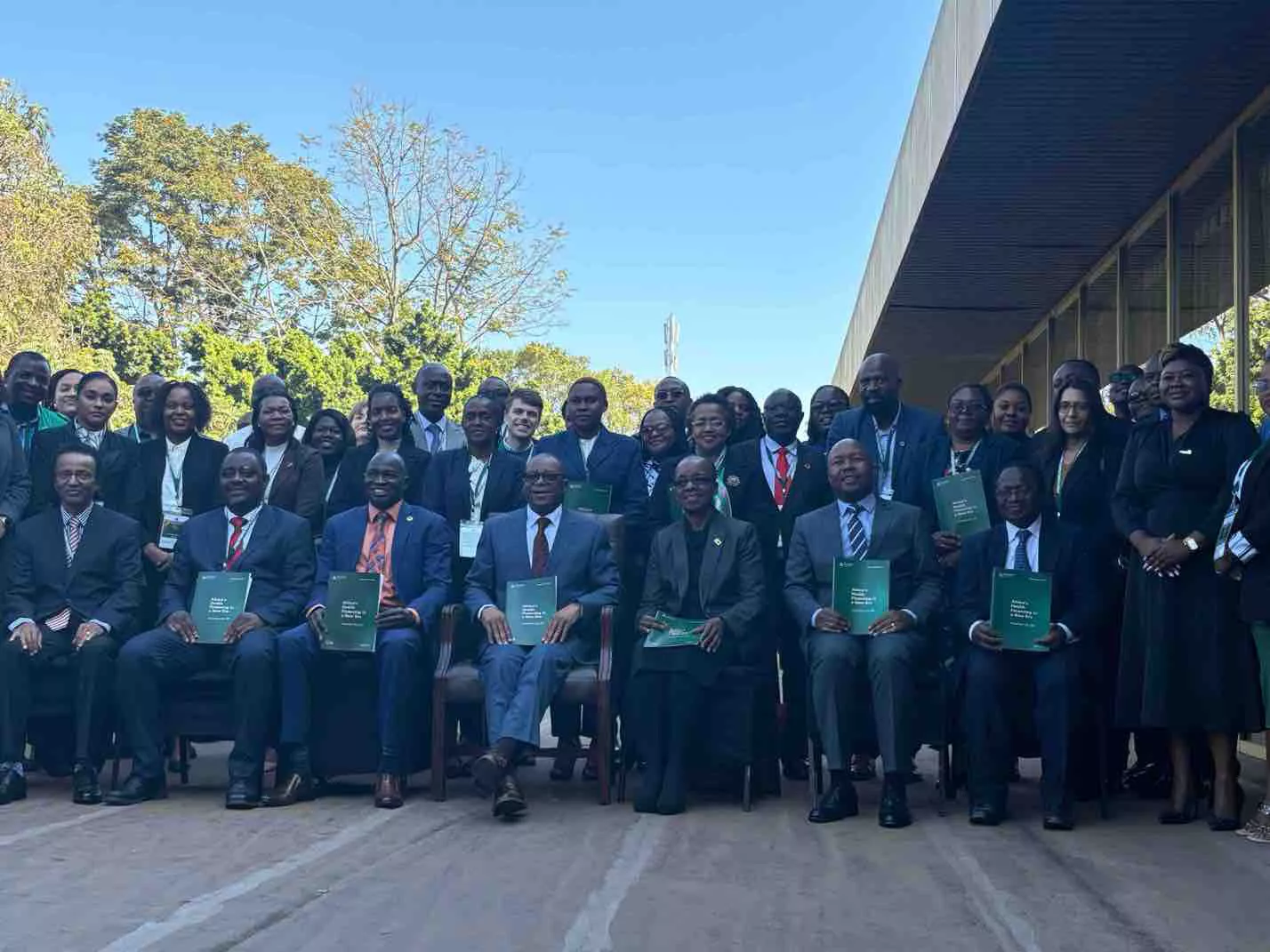|
Getting your Trinity Audio player ready...
|
“The legal framework could provide an adequate basis to conduct elections in line with international standards espoused by Zimbabwe, if implemented properly. However, the EU Election Observation Mission (EU EOM) concludes that curtailed rights and lack of level playing field led to an environment that was not always conducive to voters making a free and informed choice in Zimbabwe’s 2023 Harmonised Elections”, stated EU EOM Chief Observer Fabio Massimo Castaldo today in Harare.
In his presentation of the EU EOM’s preliminary statement, reflecting the EU EOM’s findings up to this time, while important parts of the electoral process are still ongoing – the EU EOM Chief Observer stressed: “The passing of regressive legal provisions and acts of violence and intimidation resulted in a climate of fear.
“The violent arrest of members of accredited citizen observer organisations the Zimbabwe Election Support Network (ZESN) and the Elections Resource Centre (ERC), who exercised their constitutional rights, on 23 August, is of great concern. Both organisations are credible and respected human rights defenders.”
Andreas Schieder, head of the seven-member delegation of the European Parliament (EP) said “We also strongly condemn the raids that led to the arrest of these human rights defenders.” The EP delegation endorses the EU EOM preliminary statement.
Chief Observer Castaldo emphasised: “Ultimately the elections fell short of many regional and international standards, including key principles of equality, universality, transparency and accountability.”
“While election day was assessed by the EU EOM as largely calm, the election process overall was hampered by significant issues regarding the independence and transparency of the Zimbabwe Electoral Commission (ZEC). The ZEC missed opportunities to increase public trust in the integrity of voting and results management”, said the EU EOM Chief Observer.
Mr. Castaldo added: “The failure of ZEC to provide critical electoral material such as paper ballots resulted in many polling stations opening with severe delays, leading to an increasingly tense atmosphere in some locations.”
“The EU EOM also noted the central role of the judiciary in the process, given the unprecedented high number of pre-election court challenges, pertaining to both: right to contest and validity of all key legal texts, some of which remain unresolved”, said the Chief Observer.
“The campaign presented voters with a range of viewpoints, but there was a lack of level playing field, particularly regarding the freedom of assembly”, said Mr. Castaldo. “The EU EOM’s media analysis revealed similar shortcomings. State-controlled media allocated substantially more airtime and print space to the ruling party, President Mnangagwa, and the government.
“The EU EOM experienced problems in assessing official bodies. This was despite an administrative arrangement between the Zimbabwean government and the European Union which stipulated access to all participants in the electoral process. The EU EOM also deplores an extensive and sustained disinformation and defamation campaign in some media and social platforms against the EU EOM and other international observer organisations,” highlighted the Chief Observer.
The EU EOM was invited by the government of Zimbabwe to observe the 2023 Harmonised Elections. Based on its methodology of long-term, independent, and impartial observation, and bound by a strict code of conduct, first members of the EU EOM arrived in Zimbabwe on 8 July. In total the mission comprised 150 observers from all 27 EU member states, Canada, Norway and Switzerland. The mission adhered strictly to its principle of non-interference\






